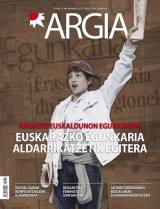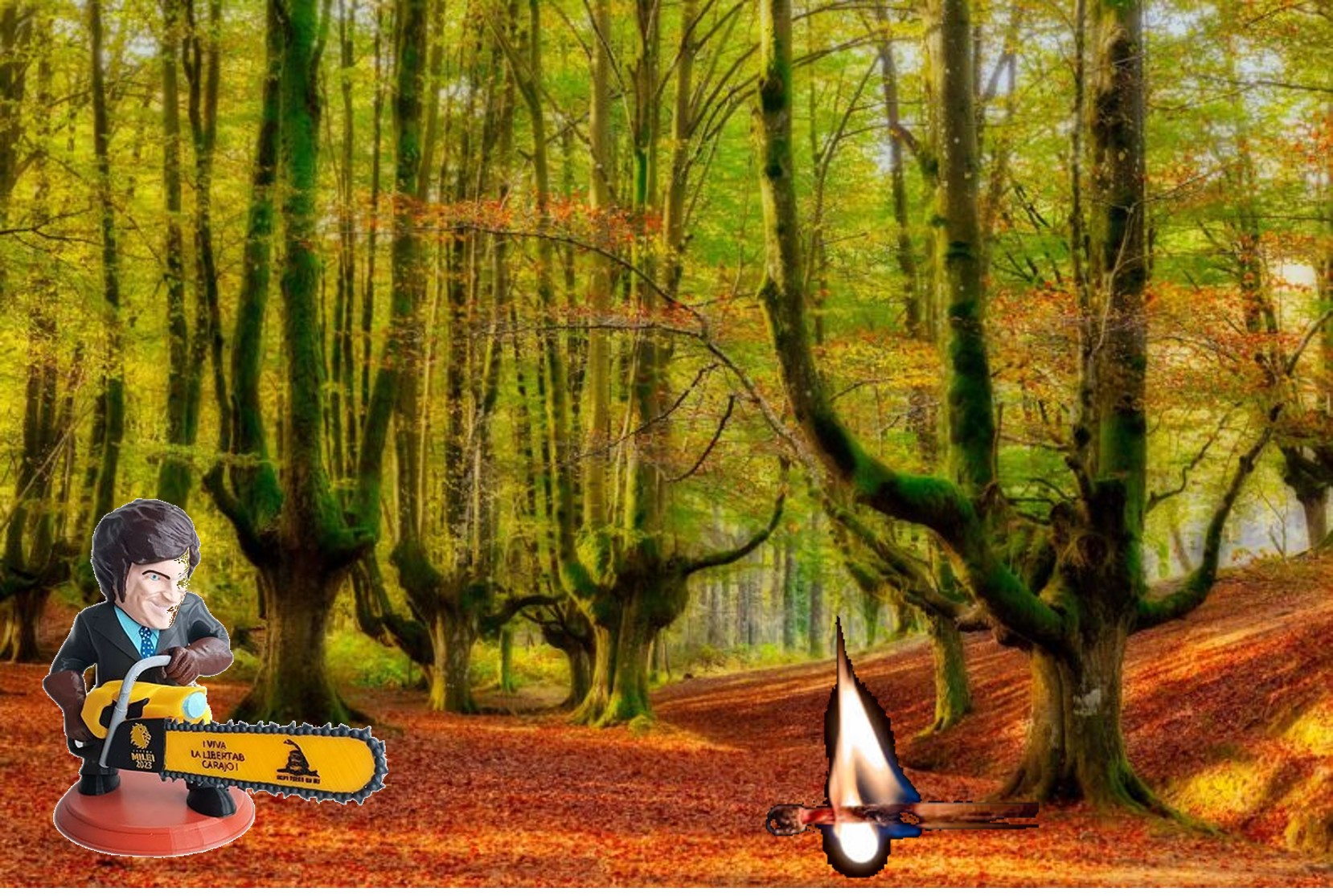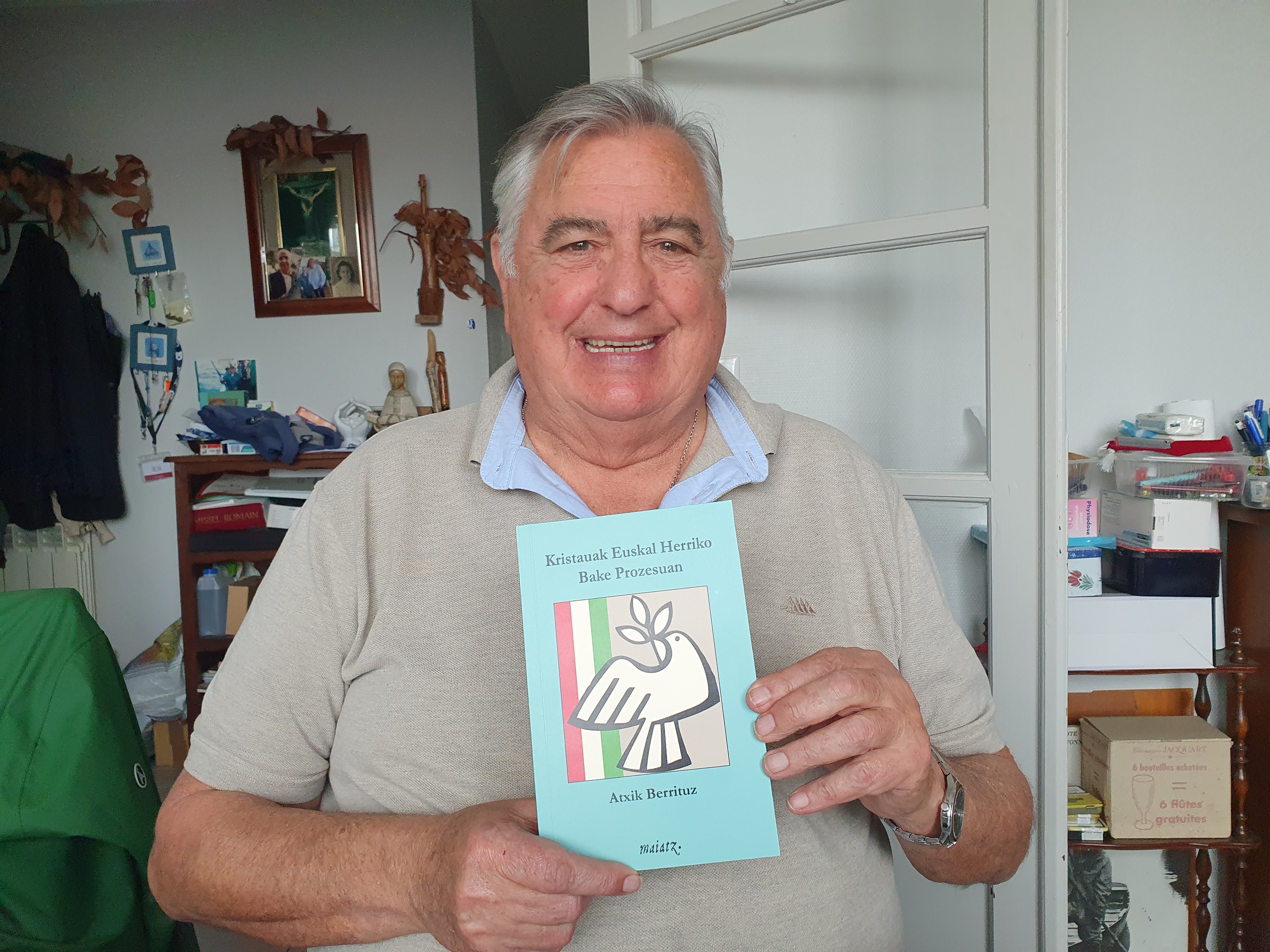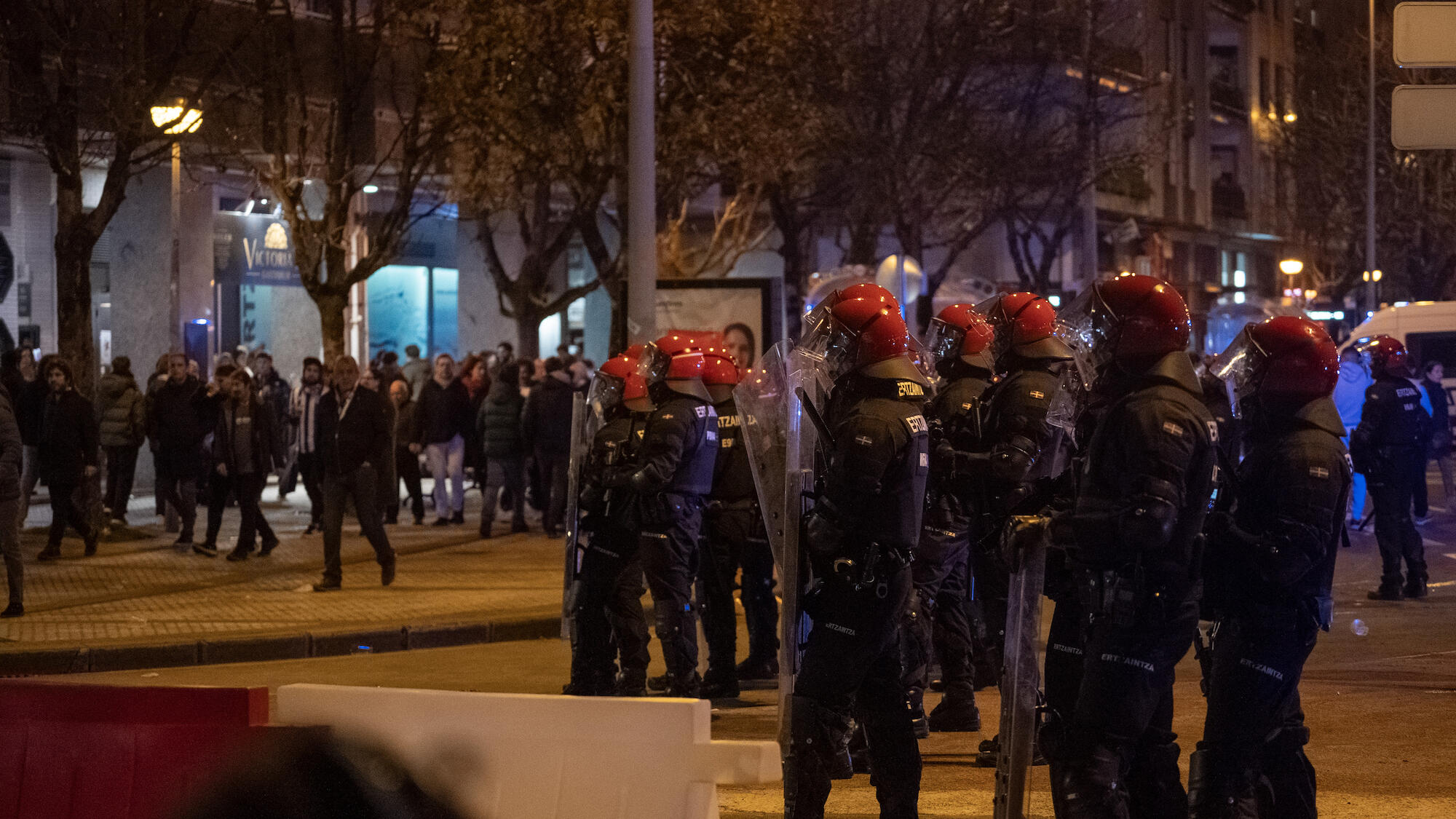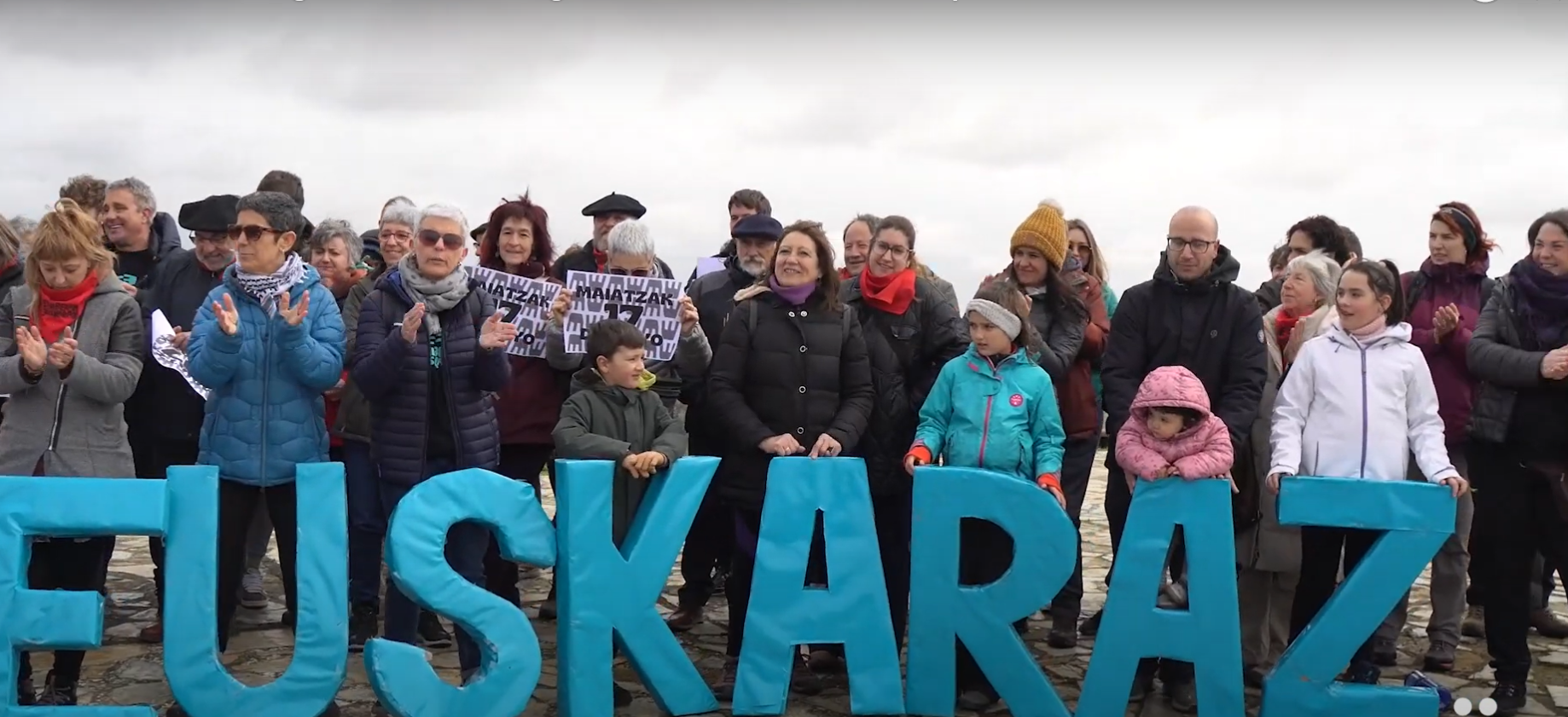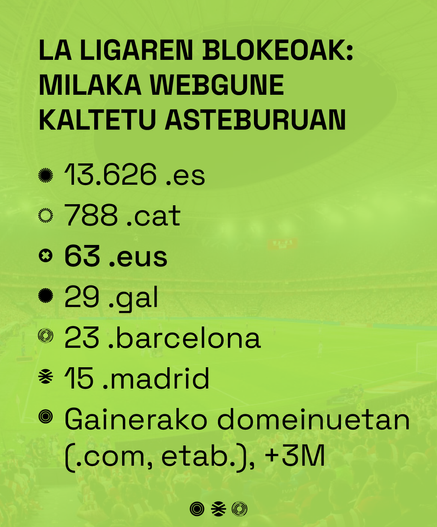The Basque Lobbys
- The committee of companies that want to work in Euskera, Euskaragileak, has already started work. One of its main lines is to be active agents on the road to the Euskaldunization of the world of work and they have their first project ready: they will make a joint request to offer a service in Basque to the suppliers they have in common. The committee consists of Cikautxo, Fagor and Mondragon Unibertsitatea.
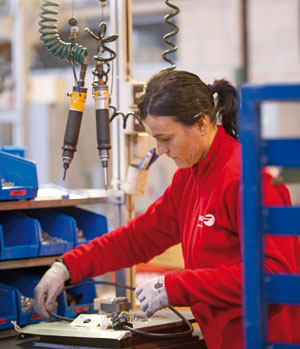
Cikautxo is one of the companies represented in the Euskaragileak Commission, dedicated to the development and production of rubber and plastic components and which has over 500 workers. It is mainly dedicated to the manufacture of automotive parts. The company is located in the Basque region of Lea-Artibai, in Berriatua, and in the last five years they have worked hard in household euskaldunization. We talked to Ramón Mendiguren, head of the company's projects, to learn about the work they are doing.
“Most of the companies of the Euskaragileak Commission have a fairly advanced Euskera plan and we have been working on it for years. One of our tasks will be, to put it mildly, lobbying; we want to make it clear that it is possible to work in Basque. On the other hand, as a group, we saw that we could directly influence suppliers, and we decided to start with that work. We are identifying the suppliers that we have in common.”
The final choice of suppliers will be made at the next meeting of the Council, which meets every three months. In addition, the entire process of processing the application will be completed, defining what exactly each supplier will be asked for. Ramón Mendiguren: “We work in Basque and for us that is an added value. We will inform you of the benefits of the use of Euskera and that we also want to speak in Euskera with them”.
The main suppliers of the company Cikautxo are outsiders, automotive. But beyond the products they manufacture, they have to work with many other suppliers: electricians, travel agencies, auditors… In that sense, they began to influence their suppliers and decide how to act with each of them. For example, a worker from the security company does not know Euskera and while that employee is on vacation, they asked the company to commit to bring an Euskaldun substitute. “We sent letters to about 25 suppliers, 18 of whom replied. Most were willing to find a solution. Some, although they could not comply with what we asked them, showed their willingness to use the Basque language in another area.”
Ramón Mendiguren makes it clear that his job is to manufacture parts for the automobile industry, and despite his work, they are willing to follow the path taken: “Much remains to be done. It is a work that needs to be done little by little, but not stopped. It’s not easy, but improvements can be made.”
Many suppliers of Fagor Appliances
The Fagor Group is a member of the business fabric Euskaragileak and the representative of the company is Leire Okarantza. The Fagor Group has seven cooperatives and over 8,000 workers. We asked Okarantza why they participated in the Euskaragileak project: “At the moment, we see that taking steps together with others can be an interesting contribution to the objectives and actions we set in our standardisation plans year after year.”
In addition to the work to be carried out by the Euskaldunagileak with the suppliers in the committee, we wanted to know whether they have previously launched similar initiatives: “Our strategy has been to work inwards, we have sought effectiveness in internal use, both at institutional and informal levels. We have not gone so far outside and acting on suppliers, at least directly. Now we are doing that exercise.”
The Committee of the Basque Country of the Fagor Group takes into account the criteria agreed at the Council meetings and is considering how to take them. On the other hand, as members of the Mondragon Corporation, many of its cooperatives are suppliers and vice versa. They think it's an interesting space for interaction. When working with suppliers, they want to take into account two aspects. On the one hand, cooperatives at the corporate level have an Euskera plan and, on the other, analyze the situation within the group. That is, when choosing a provider, they should identify who will relate to it and ensure that the employee is able to communicate in Basque.
MU Polytechnic School worked with suppliers
Xabier Sagarna is coordinator of Electronics and Informatics at the Mondragon Unibertsitatea Higher Polytechnic School. It is the one who is participating in the Euskaragileak Works Council. The main activities of the school are training, research, development and innovation. The school has over 2,000 students and over 200 workers.
The Basque plan has been in place for years. Sagarna explained that the priority of the Polytechnic School has been the provision of services in Euskera, as they are related to students and companies. Students are given classes in Euskera, as well as other services: photocopying shop, canteen… On the other hand, whoever wants to receive research and continuing education activities in Euskera is also guaranteed this possibility. “If we participate in those services we offer, I would say that the service in Basque is largely guaranteed. For us it is an issue that has already been worked on, because at one point criteria were established. In any case, there is always something to improve. The work of the suppliers we are carrying out in the Euskaragileak Commission has served us to make a more accurate diagnosis of our situation and to identify where we have opportunities for improvement”.
They have seen that they can improve their business relationships with suppliers: receive product/service offers in Basque, place orders in Basque, receive invoices in Basque… They have also given us more examples: “The Kantina workers know Euskera, but they can be asked to always speak in Basque. In this way, they would help us to normalize the use of Euskera. On the other hand, in all the buildings of the university we have a lot of coffee machines; the buttons are in Euskera, but the electronic display is not. Can you put that in Basque? For this we need the support of other companies. The petition was made in the past and we were told that it had a huge cost. Now, maybe we can do an essay from the Euskaragileak Commission, because three or four companies are their customers. Let’s see if we all get it together.”
Euskararen Kontseiluaren ekimenez sortutako Euskaragileak taldean 13 enpresa daude: Batz, Cikautxo, Eika, Ekin, Elay, Fagor, Goizper Group, IMH, Irizar, Matz-Erreka, Mondragon Unibertsitatea Eskola Politeknikoa, Mondragon Korporazioa eta Orkli.
You may not know who Donald Berwick is, or why I mention him in the title of the article. The same is true, it is evident, for most of those who are participating in the current Health Pact. They don’t know what Berwick’s Triple Objective is, much less the Quadruple... [+]
The article La motosierra puede ser tentadora, written in recent days by the lawyer Larraitz Ugarte, has played an important role in a wide sector. It puts on the table some common situations within the public administration, including inefficiency, lack of responsibility and... [+]
Is it important to use a language correctly? To what extent is it so necessary to master grammar or to have a broad vocabulary? I’ve always heard the importance of language, but after thinking about it, I came to a conclusion. Thinking often involves this; reaching some... [+]
The other day I went to a place I hadn’t visited in a long time and I liked it so much. While I was there, I felt at ease and thought: this is my favorite place. Amulet, amulet, amulet; the word turns and turns on the way home. Curiosity led me to look for it in Elhuyar and it... [+]
Adolescents and young people, throughout their academic career, will receive guidance on everything and the profession for studies that will help them more than once. They should be offered guidance, as they are often full of doubts whenever they need to make important... [+]
Atxik Berrituz giristino taldeak Kristauak Euskal Herriko bake prozesuan liburua argitaratu du Maiatz argitaletxearekin. Giristinoek euskal bake prozesuan zer nolako engaiamendua ukan duten irakur daiteke, lekukotasunen bidez.
Maiatzaren 17an Erriberako lehenengo Euskararen Eguna eginen da Arguedasen, sortu berri den eta eskualdeko hamaika elkarte eta eragile biltzen dituen Erriberan Euskaraz sareak antolatuta









